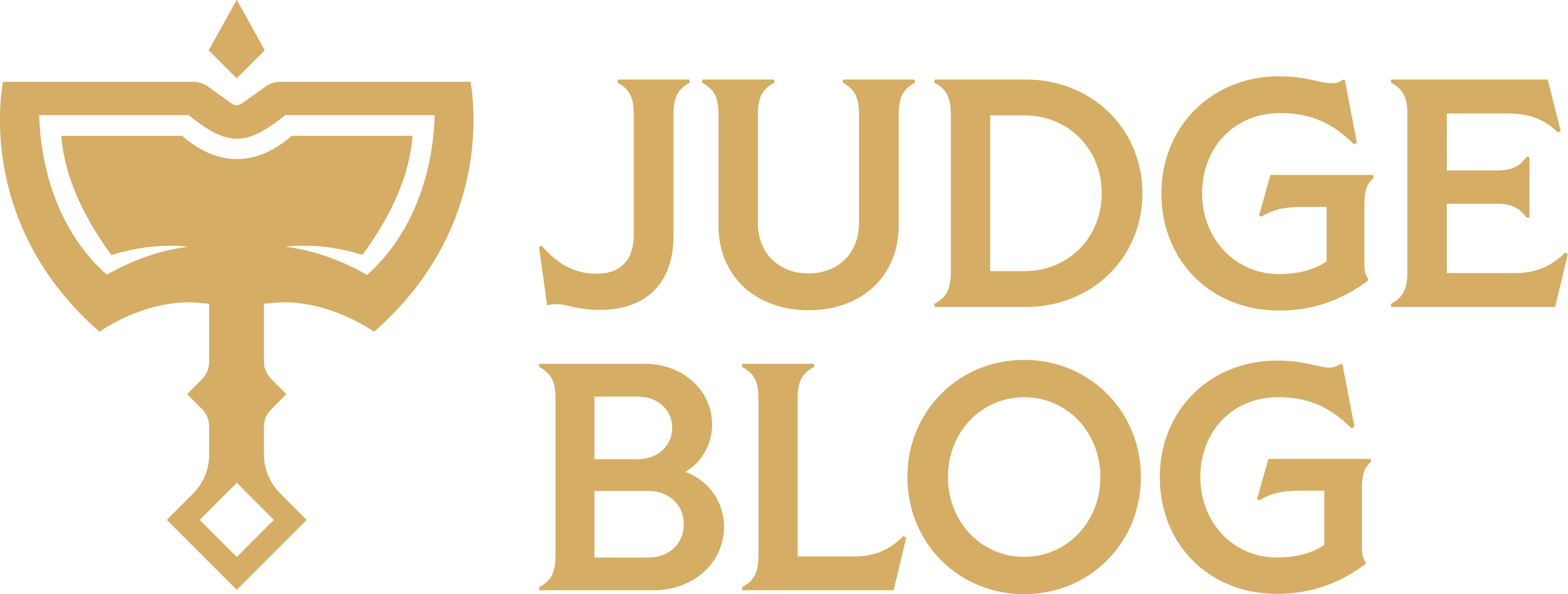
L2P (Learn to Play) プログラムへようこそ! (第3回)
L2Pロールは、フレッシュ&ブラッドコミュニティにおいて重要な役割です。この役割のジャッジは、新しいプレイヤーへゲームを紹介する最前線に立つことになるでしょう。L2P認定の取得を目指す候補者のするべきことは、ルールを説明するだけに留まりません。持続的な関係性を構築し、新規プレイヤーが新しい趣味を楽しむ手助けをし、フレッシュ&ブラッドの成長と楽しみを広げていく環境を作り出す役割を担います。
このガイドでは、L2P認定のために学ぶ必要があるコアスキルを説明します。これらのスキルを身に着けることで、ゲームを上手く説明できるアンバサダーになれるでしょう。それぞれのパートは、対人スキル、指導スキル、協力スキルなど、異なるスキルを対象としています。プレイヤーと直接やり取りをしているときや、ゲームの技術的な内容を説明しているとき、チームで協力しているときでも、誰に対しても友好的で、プロフェッショナルな対応であり、楽しい体験を提供する方法を学習します。
パート3:協力スキル
この最後のセクションでは、体験会ブースで生産的で楽しい環境を作り出すために不可欠となる協力スキルの重要性について焦点を当てていきます。あなたはガイドとして、プレイヤーと交流するだけではなく、他のジャッジやスタッフメンバーとも密接に協力して働くことになります。協力スキルをマスターするということは、効果的なコミュニケーションが取れる人間となり、建設的なフィードバックを提供することができ、仲間に教育して全員が向上できる能力を身に着けることを意味します。強力なチームワークは、L2Pブースをスムーズに運営し、プレイヤーにポジティブな体験を提供することに繋がります。
1. コミュニケーション
特にコンベンションや大規模なトーナメントのようなプレッシャーが高く、ペースが早い環境では、チーム内での効果的なコミュニケーションが極めて重要です。明確で一貫性のあるコミュニケーションは、全員が共通の認識を持ち、タスクを効率的に遂行し、問題を迅速に解決するのに役に立ちます。これはイベント前とイベント後の両方に当てはまります。特に冷静さと集中力を維持する能力は、ブースの運営がどれだけスムーズに進むかに大きく影響します。
イベント前のコミュニケーション
イベントが始まる前に、チーム内でのオープンなコミュニケーションの場を確立することが重要です。そうすることにより、全員が自身の役割を理解し、何が期待されているかを把握し、質問や確認事項を事前に相談することが可能となります。早い段階で明確なコミュニケーションを取れる環境を作成することで、イベントが始まった際、より組織的で一体感のあるチームを作り上げることができます。
イベント前のコミュニケーションのヒント
- イベント中、自分の具体的な役割と何が期待されているのかをしっかり把握しておきましょう。そうすることで混乱が最小限になり、全員が自身のタスクに集中できるようになります。
- イベント会場には何時までに到着するべきか、そして誰がレポート先なのかを確認しておきましょう。会場内での正確な場所が不明の場合、確認するために余裕を持った時間に到着するようにしましょう。
- イベント前に質問しておきましょう。忙しいイベント中にその場で物事を理解しようとするのではなく、事前に不明点を解消しておきましょう。
- イベント中の最適な連絡手段が何になるのかを把握しておきましょう。例えばグループチャット、トランシーバー、定期的なチェックイン等があります。必要に応じて、どのようにして、誰に、いつ連絡すればよいかを確実に把握しておきましょう。
イベント中のコミュニケーション
コンベンションや大規模なトーナメントは、多くの物事が同時に動いており、騒音や人の活動が盛んなため、混乱状態になっていることがあります。このような環境では、特に人々が疲れていたりストレスを感じていたりする場合、コミュニケーションは明確かつ簡潔で、敬意を持ったものである必要があります。ミスコミュニケーションや重要な情報の共有不足は、運営の遅延やミスを誘発する可能性があります。積極的に集中したやりとりを心がけることが重要です。
イベント中のコミュニケーションのヒント
- ストレスの多い状況下で情報を伝える必要がある場合、コミュニケーションを簡潔にし、要点を押さえた内容にしましょう。不要な詳細は省き、必要なことに焦点を当てましょう。
- チームと定期的に連絡を取り合い、全員がタスクや計画の変更について最新の情報を把握していることを確認しましょう。そうすることで、誤解を防ぎ、問題を早期発見できるようになります。
- コンベンションは疲れやすく、緊張が高まった状態になることがあります。状況が慌ただしいときでも、意識的に冷静さを保つよう努めてください。落ち着いた口調は、チームの集中力を維持し、前向きな雰囲気を保つことに非常に効果的です。
- プレイヤーからの懸念事項や運営上の問題等、チームに影響を与える可能性がある物事に気付いたときは、速やかに伝達しましょう。他の誰かが既に対処していると仮定しないようにしましょう。重要なことを見落とすよりも、過剰にコミュニケーションを取っている方が望ましい状態です。
- 誰にとっても長時間の労働やストレスが負担であることを理解しましょう。特に誰かが目に見えて疲れていたり、参っていたりするときは、コミュニケーションの取り方に注意を払いましょう。労わる言葉をかけたり、小休憩を与えることは、チームの士気を維持するのに大いに役立ちます。
- 多言語が飛び交う環境では、あなたが英語が母国語でない場合、自分が相手の言葉を理解し、相手にも自分の言葉が伝わっていることを確認するようにしましょう。自分が理解した内容を再度確認することは、迅速かつ丁寧な確認方法です。あなたにとって英語が母国語の場合、適切なレベルの言葉選びと、話す速度を意識し、相手が理解に苦労していると感じた場合は、別の言葉で言い換えたり同義語を使用したりして伝わるよう努めましょう。
イベント前もイベント最中も明確で敬意あるコミュニケーションを促進することで、効率的で調和のとれたチーム環境を作り出し、どんな厳しい状況でも全員が最高のパフォーマンスを発揮できるようになります。
2. 教育とフィードバック
優れた体験会ブースは、個々のスキルに頼るのではなく、チーム全体の成長によって成功を収めます。あなたの役割の一部は、他のジャッジやチームメンバーにメ教育し、必要に応じてサポートすることです。これは新規プレイヤーへと教えることや、フレッシュ&ブラッドの最初のステップを案内する経験が初めてだったりする経験の浅いチームメンバーにとって、特に重要です。建設的なフィードバックを提供し、それを適切に受け取ることは、チームが向上していくのに重要なことです。
教育とフィードバックのヒント
- 同僚がプレイヤーとどうやり取りをしているかに注意を払いましょう。誰かが特定の説明ややり取りに苦労しているのを見かけたら、適切なタイミングでサポートしたり、後でアドバイスしたりしましょう。
- フィードバックは前向きで励みになるような形で伝えましょう。単に上手くいかなかった点を指摘するのではなく、改善のための提案を提供しましょう。例えば「リソース管理について説明しているとき、プレイヤーが戸惑っているように見えました。次回は、サイコロ等の視覚的な補助を用いて、説明すると良いかもしれません」
- 仲間に、自身のパフォーマンスを振り返る機会を提供しましょう。「今回のデモはどうだったと思いますか?」や「何か違うやり方を試してみたいと思ったことはありますか?」といった質問をしてみましょう。これらにより自己認識を促し、成長を手助けすることができます。
- 言葉だけでなく、行動で示しましょう。プレイヤーとのやり取りの中で、自身の行動を通じて最前の手段を示しましょう。同僚は、あなたからの直接のフィードバックと同じくらい、あなたの行動を観察することで多くのことを学べる可能性があります。
- あなたの考え、アイディア、フィードバックを共有してください。チームメンバー全員が独自の視点を持ち、壁のない会話が促されることで、チーム全体が共に成長できるようになります。
- 問題が発生した場合、例えばそれが気難しいプレイヤーとのやり取りや運営上の問題であったとしても、チームで意見を交わし、解決策を考えましょう。他のジャッジに意見を求めることを遠慮しないでください。協力して問題を解決すると、信頼関係が構築されます。チームが協力して発揮する力が強化されていきます。
- 物事が上手く進んでいるときは、その成果を認める時間を作りましょう。特に、スムーズなデモやプレイヤーとの素晴らしいやり取り等、こうした成功をチームで祝う事が大切です。ポジティブな強化はやる気を高め、全員が良い仕事を続ける動機となります。
- 一日の終わりには、時間を取ってチーム内で振り返りを行いましょう。上手くいったことや、改善できることについて話し合いましょう。フィードバックを繰り返すことは、チームのメンバーがイベントの度に成長していく手助けとなります。
3. 自己管理と時間管理
店舗担当者、LSSスタッフ、チームリーダーが不在の状況では、L2Pジャッジが効率的に自己管理を行うことが重要です。これには、スタッフとプレイヤーに可能な限り最高の体験を提供するために、全員に休憩が与えられ、リフレッシュすることが含まれます。
- 予定された休憩:チームメンバーの誰か一人は、各メンバーが長い休憩1回 (60分) と、短い休憩1回 (30分) を少なくとも取れるように計画を作成し、メンバーが休憩中でもブースの対応が問題なく回るよう、それぞれの役割を調整する責任を持たなければなりません。
- コミュニケーション:一日の始めにチームメイトと話し合い、休憩のスケジュールを決めましょう。ブースの果たすべき責任を維持しつつ、明確な休憩してリフレッシュできる時間を設定します。
- 体力維持に努める:定期的に水分を補給し、安らぐ環境で食事をし、もし自身のメンタルが不調であると感じたらチームメンバーに伝えた後、離れて少し休憩する時間を取りましょう。体調を整えることは、ブースを訪れたプレイヤーが期待している、スタッフのポジティブなエネルギーを維持するのに役立ちます。
この積極的なアプローチを採用することで、直接の確認や指導なしでも、全員が最高のパフォーマンスを発揮できるようになります。
まとめ
L2Pジャッジになるには、フレッシュ&ブラッドのルールを知っているだけでは不十分です。チームと効果的に連携しながら、新規プレイヤーにとって歓迎的で学ぶ機会となり、かつ楽しい体験を提供できる能力が重要です。 人スキル, 指導スキル、 協力スキルを習得することで、L2Pブースで発生する課題に上手く対処でき、プレイヤーとチームメンバーの両方がポジティブで充実した体験を得られるようになります。
覚えておいてください。最終的なゴールは、新規プレイヤーがゲームは楽しく夢中になれるものであると感じられるように紹介し、フレッシュ&ブラッドコミュニティを成長させることです。あなたの知識、コミュニケーション、スキル、チームワークを活かし、すべての人にとってゲームをより身近に感じられるよう、コミュニティを構築する上で重要な役割を果たしてください。
この先のあなたに幸あらんことを!

